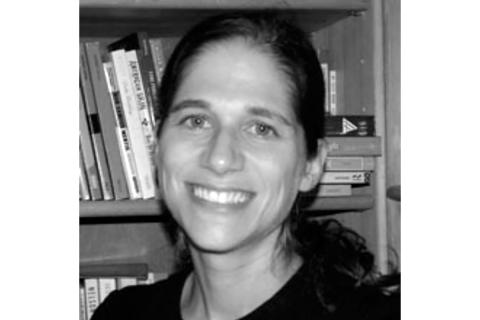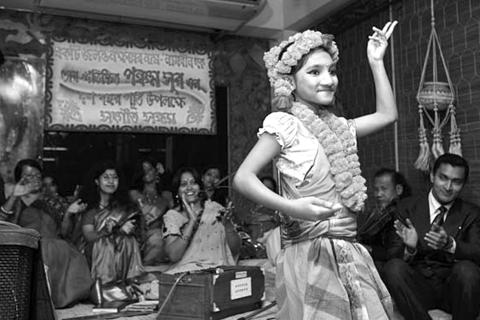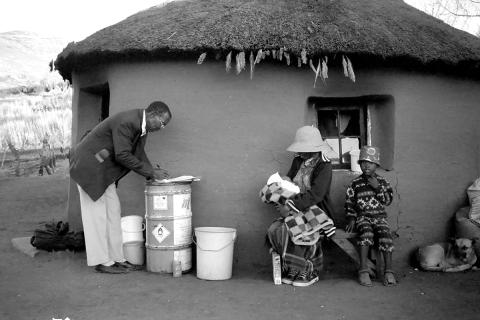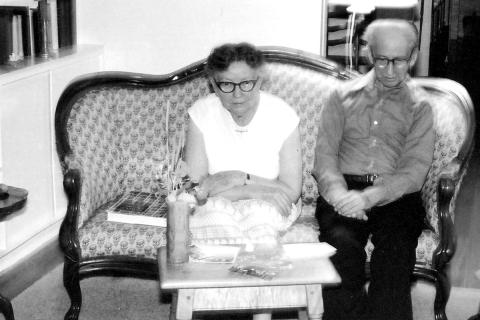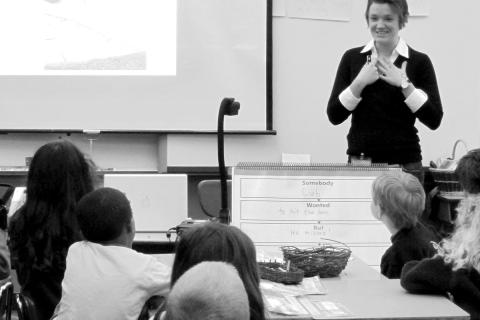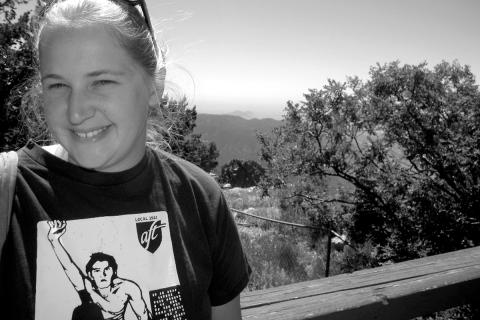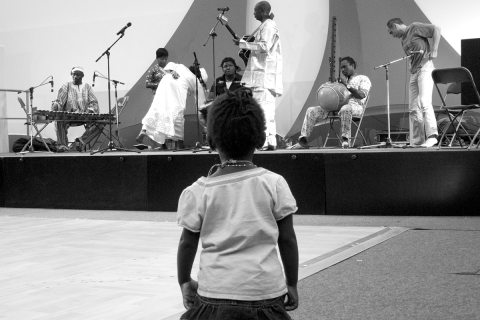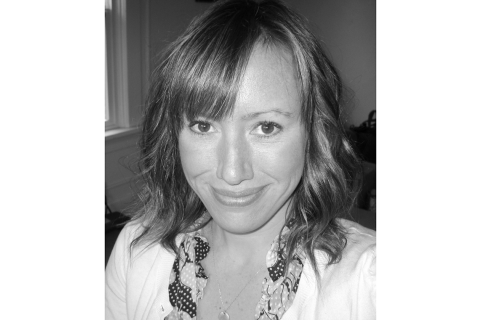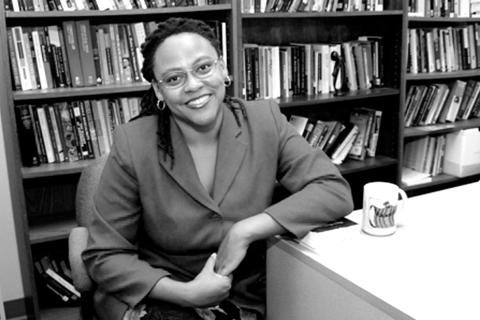
An Inexhaustible Appetite for Narrative
A conversation with Rebecca Wanzo about pop culture, comics, race and gender, the arc of narrative, reading for pleasure, social activism, etc.
Q: You teach classes on literature, popular culture, feminist theory and social activism. You have a Ph.D. in English and certificates in Women’s Studies and African American Studies. You are weaving together many strands. Scholar, teacher, and activist are some of the titles that emerge. How would you describe your interests?


